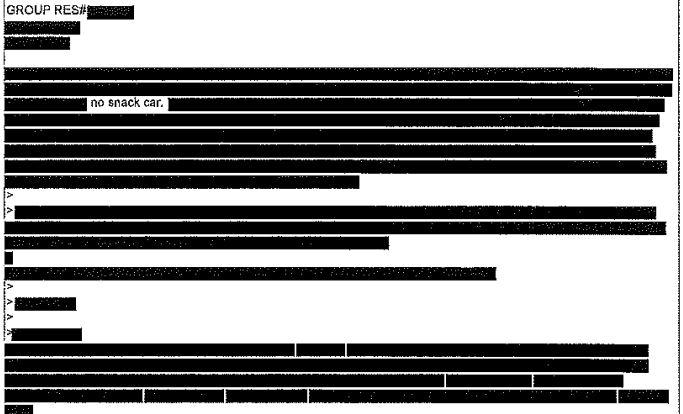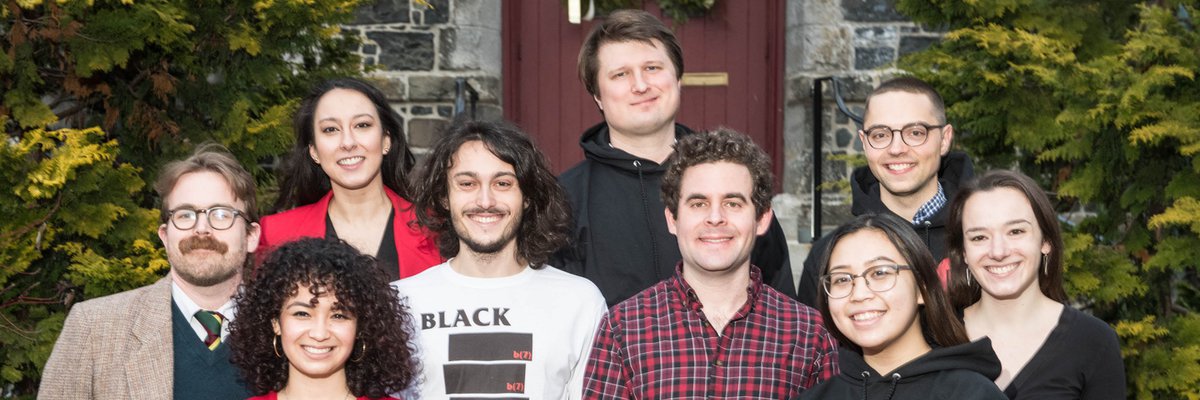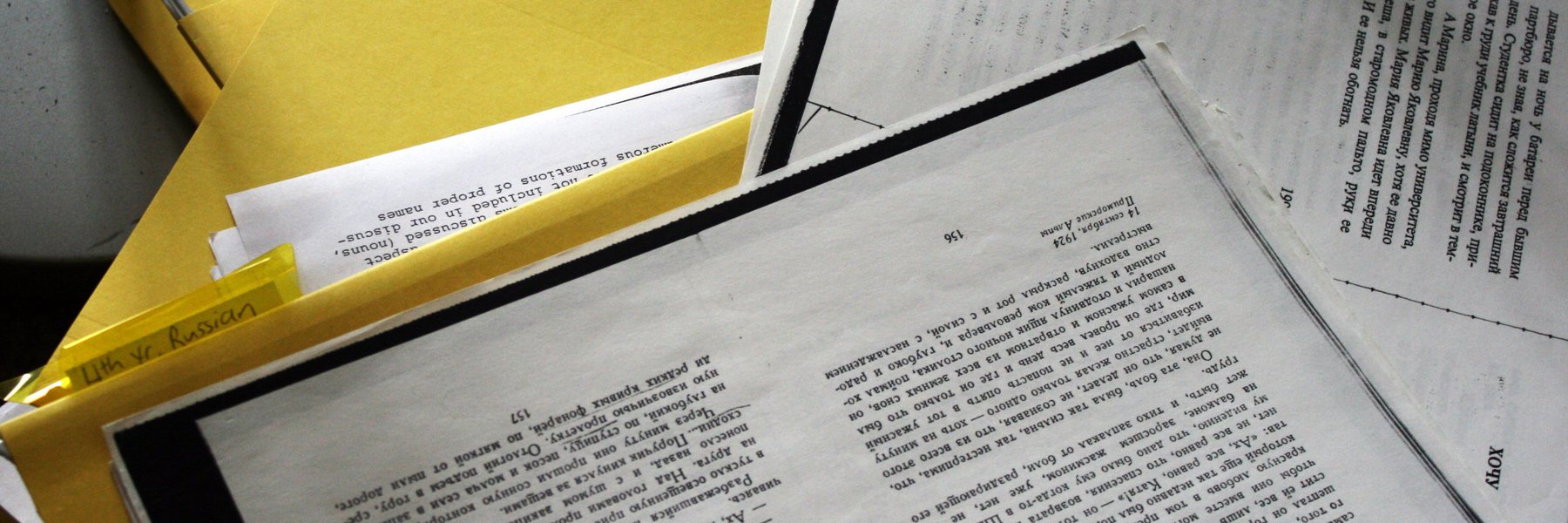In early 2010, as we were working through the ideas that would eventually become MuckRock, one thing struck me again and again: Too many people had given up on public records. Part of it was the challenge of deciphering the legalistic language that surrounded the laws; part was the fact that many agencies still required requests be mailed or faxed (some things don’t change).
But perhaps the biggest part of it was what felt like a requester community in hiding. In many newsrooms we visited, it seemed that maybe one out of 20 reporters would have filed a request over the past year. FOIA filing was seen as a niche skill, something that probably required a lawyer, years of expertise, or some magical template. Reporters we spoke with said that they didn’t have time to juggle public records requests with every thing else they were being asked to juggle. Researchers, community organizers, and ordinary people just were not even aware of the law and the rights they had to ask their government questions.
Requesters often fought for their rights in isolation: Filing a request was generally one person battling a massive bureaucracy. It could be hard to get tips and advice, or even to understand responses that came in.
So when we designed MuckRock, we wanted to not only make it easier for current requesters to be more efficient and effective, but to empower more people to take advantage of these amazing laws, whether or not they were filing through our site. This also meant building tools that were accessible and useful to everyone: Journalists, researchers, business people, hackers, activists, politicians, policy makers, government employees, lawyers, teachers, students, ordinary citizens … everyone.
That vision, of growing the pool of all requesters, meant making design decisions such as making requests public by default (46,386 public and counting) while letting people keep them private when they needed to. It meant finding new ways to showcase the power of public records through original reporting.
Some of our most interesting, thoughtful, generous users were people who had never heard about public records until they stumbled upon a project that spoke to their interests, documents that made them laugh, or an article that explored history from a different angle.

Almost 60,000 requests later, it’s clear that we were on to something. Anecdotally, many more people are familiar with public records laws now than in 2010. Even better, they’re excited about the process, whether it’s sharing recent document successes (or rejections) on social media, helping other requesters with resources, or putting what they’ve learned into action through reporting, art projects, political change, civic hacking, or any of the other hundreds of ways that public records can lead to a more informed society.
We’ve had a lot of fun experimenting with new ways to grow and empower this community:
- Over three dozen events last year alone, including a pilot project with Emerson exploring new ways to educate students and the public about the process.
- Projects exploring mass surveillance of vehicles, the increasing use of algorithms to drive public policy, taxpayer subsidies for big corporations, and much, much more.
- Our Subject Matters series exploring the history of the United States as told through the Federal Bureau of Investigation files of the people who shaped history, which has become a beautiful series of books (get your signed copies here!).
- Our first FOIA Fellow, who has made state and local public records issues her beat and helped track all the changes in transparency going on across the country.
- A FOIA map that lets you see the big picture in public records, as well as drill down into each state’s law as well as explore individual exemptions.
- Our weekly FOIA newsletter, a Slack channel, FOIA 101 resources, and numerous project-specific newsletters.
- Joining together with FOIA Machine, DocumentCloud, Quackbot, and oTranscribe to build a more powerful suite of tools to help with every step of the process from getting to ideas to raising funding to analyzing documents.
And the list goes on and on.
As much as we’ve accomplished nine years in, we also know there’s still a long ways to go towards our vision. We want everyone to understand how they benefit from a more transparent government and more engaged public, whether through a better understanding of how journalism works or by exploring and explaining issues that are otherwise going underexamined. We’re excited about the potential for our Assignments crowdsourcing system to help let more people directly help out transparency projects they care about.
We could not have done this without an amazing team past and present, our generous community of volunteers and financial supporters, the dedicated public servants who process requests, and the tens of thousands of people who have made our community what is today.
Transparency has come a long way since 2010. We’re proud to have played a part in that and looking forward to finding new ways to grow and empower this community for years to come.
P.S.: If you’re in the Cambridge area, join us for our upcoming birthday party next Sunday.
Image by Derek Kouyoumjian




